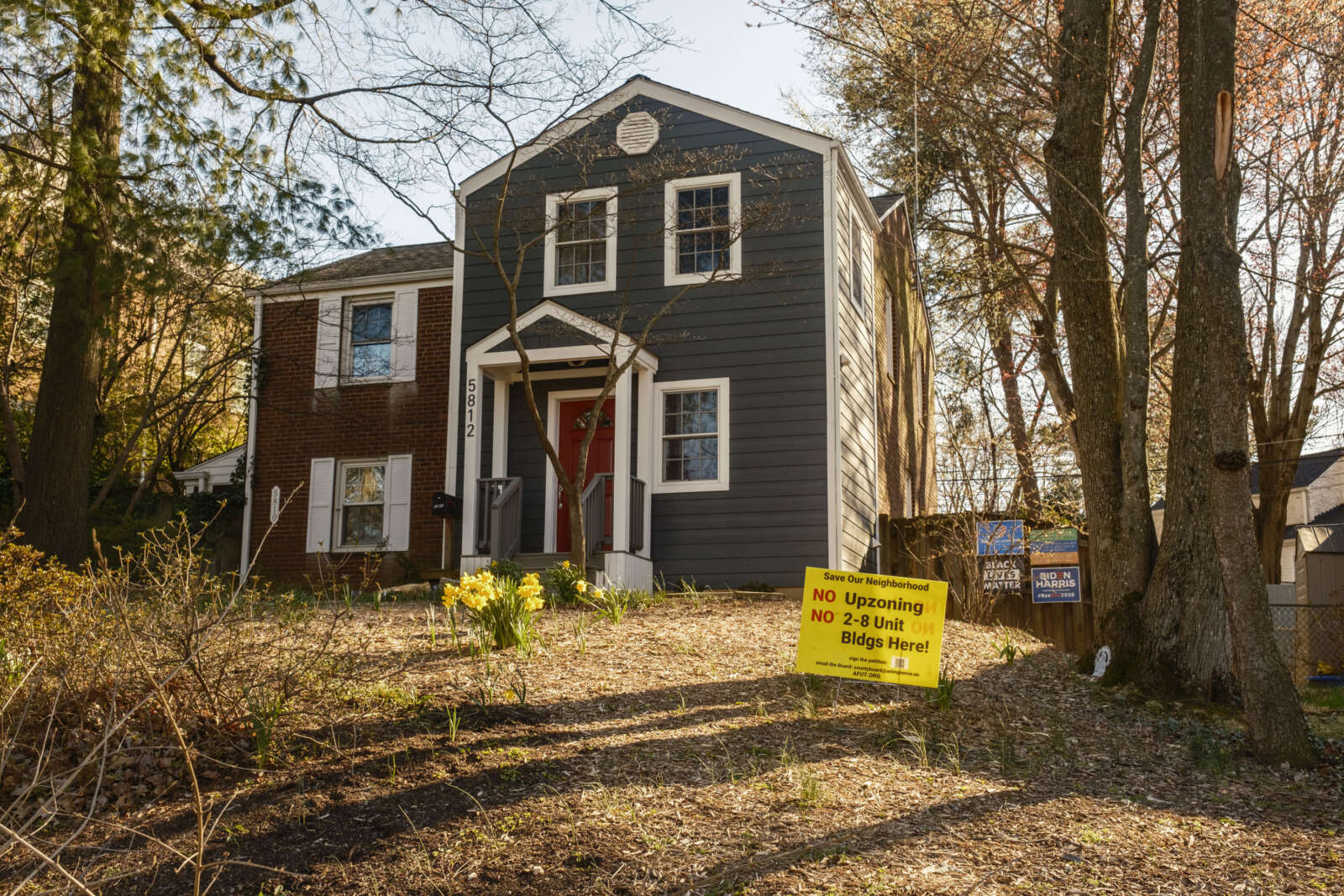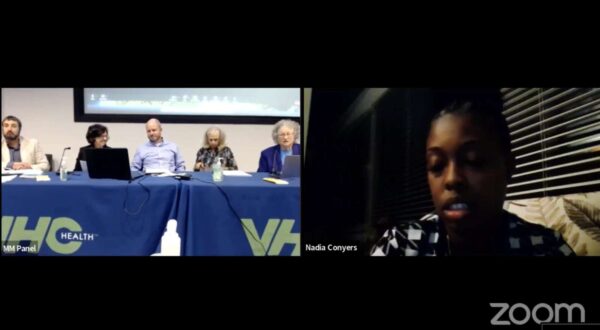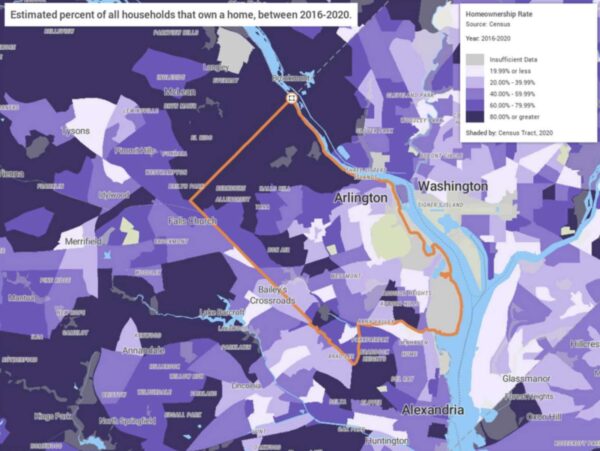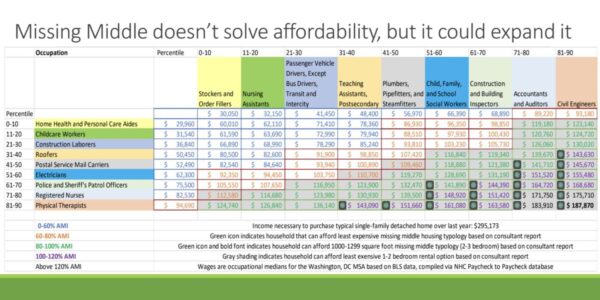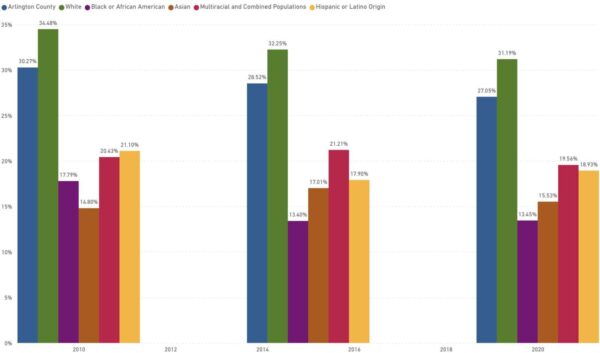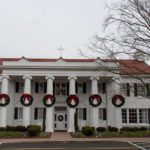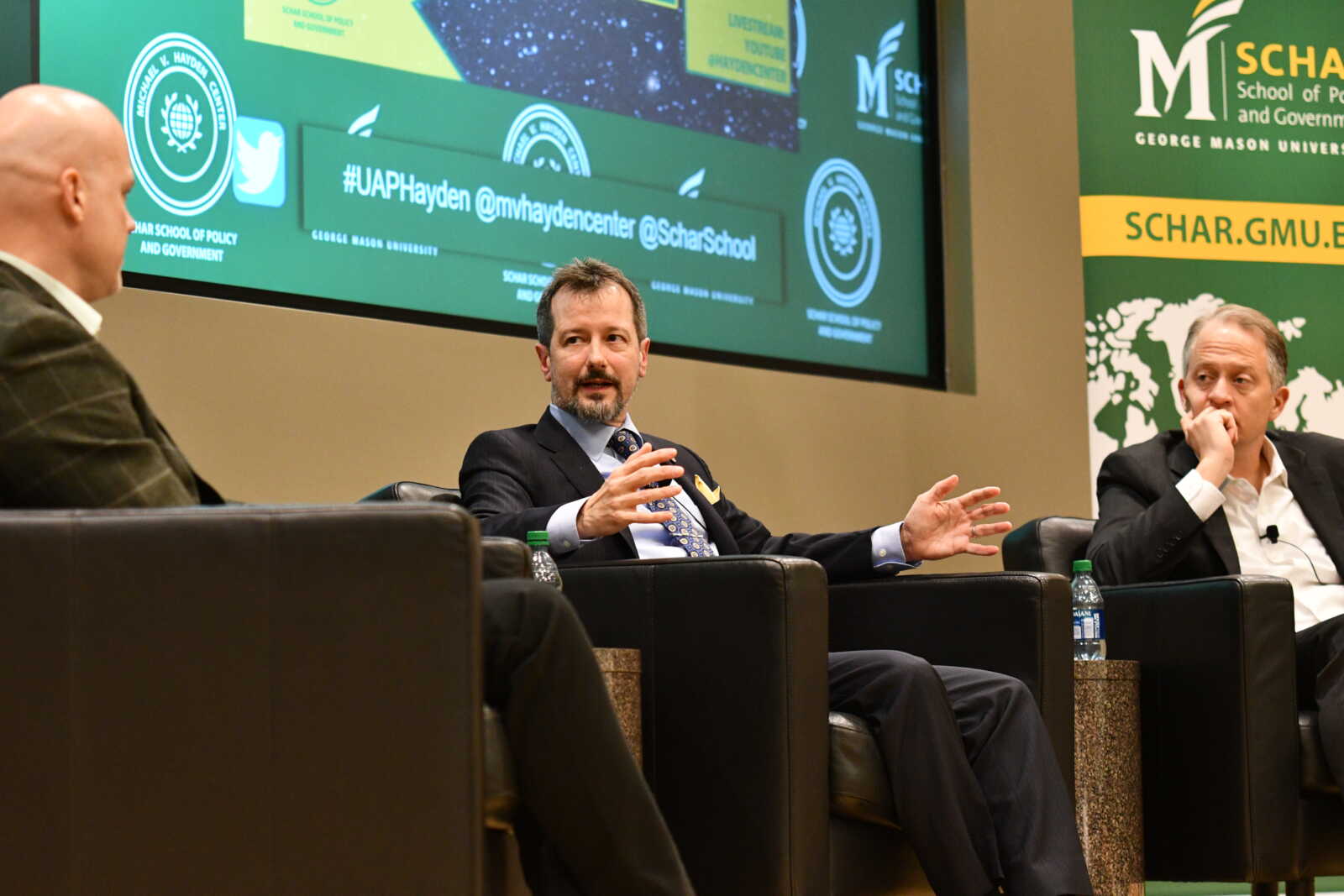
The head of the U.S. intelligence agency tasked with investigating alleged alien spacecraft sightings says it found no evidence of extraterrestrial life on Earth.
But that’s not necessarily good news, says Sean Kirkpatrick, director of the Pentagon’s All-Domain Anomaly Resolution Office (AARO).
Instead, Kirkpatrick fears the handful of the agency’s unresolved cases might be examples of unidentified, advanced earthly technologies instead of alien spacecraft, which poses a “big national security risk.”
“The best thing that could have happened in this job is to find the aliens because the alternative… is not a good thing,” Kirkpatrick said during a George Mason University panel on Unidentified Anomalous Phenomena, or UAP, last week.
The event — a few months after a memorable Congressional hearing on potential extraterrestrials this summer — focused on AARO’s findings from some 800 reported sightings and their implications for national security. While the vast majority of objects are benign, a small handful give Kirkpatrick pause.
“There was only about 2-4%, I think was around the number, that we have enough data for that are truly something we want to go dig in and go figure out what that is, and most everything else we can readily identify,” he said.
Most of the time, sightings wind up being everyday items, such as balloons, often misreported due to “training problems.”
“We have a number of pilots who will see these off in the distance, and there is an optical illusion that they will often see it’s called parallax,” he said.
“But they see it. They don’t understand it. They report it, and they write down in their report this is a UAP… they will clearly say, however, it looks like a balloon. It’s got a tether on it. It looks like it’s flying with the wind. But it because they mark it as a UAP it comes to us,” Kirkpatrick continued.
Before AARO’s inception in July 2022, there was very little serious analysis of UAP sightings, says Kirkpatrick, who is retiring next month.
His job, and that of AARO, has been to resolve reported sightings and develop a framework for evaluating sightings to use going forward.
First, Kirkpatrick says, scientists have to determine what the sensors that sensed a UAP are intended to detect, he says. Then, analysts compare these findings with information from the intelligence community on known entities or individuals who may be “doing something that matches those signatures.”
If the two groups disagree, Kirkpatrick says they try and get to a solution in what he affectionately called a “cage match.”
So far, no evidence of extraterrestrial life has been found. The unexplained 2-4% of cases — often resembling state-of-the-art earthly technologies, such as spherical drones — give him pause, however.
“We did a commercial drone survey and did some research going on out there and do you know what then the next biggest wave of drone technology is? Spherical drones,” he said. “Do you know why? Because they’re safe to use inside, so if they crash into people that, you don’t get hit in the head with a propeller.”
Kirkpatrick says AARO is working on ways to differentiate between earthly and alien tech signatures, though he believes the latter is far less likely.
“Now I know out in the universe, because of the vastness of the universe, it is — and I think most of the scientific community would agree with this — statistically impossible that there’s no life out there,” Kirkpatrick said. “Whether or not that’s intelligent life, whether or not they’ve traveled here, that is a diminishing probability as you go down that train.”


